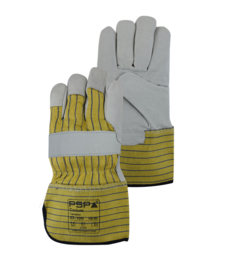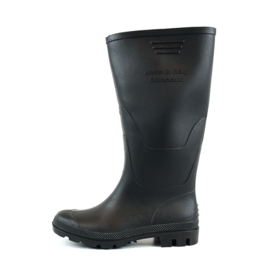PPE (Personal Protective Equipment)
Personal protective equipment
Personal protective equipment is an essential part of any workplace where safety and security is a priority. They are designed to protect workers from potential hazards and risks that may arise in the workplace. The use of these resources is not only a legal obligation, but also contributes to creating a safe and healthy working environment.
The importance of personal protective equipment
The use of personal protective equipment is critical in many sectors, including construction, healthcare and manufacturing. These resources can vary from safety helmets and goggles to gloves, hearing protection and respiratory protection. They are designed to protect workers from specific hazards, such as falling objects, chemical splashes, noise and dust.
Types of personal protective equipment
There are different types of personal protective equipment available, depending on the nature of the work and the risks involved. Some examples are:
- Gloves: Different types of gloves are available depending on the type of work. For example, there are cut-resistant gloves, chemical-resistant gloves and heat-resistant gloves.
- Leg and foot protection: Including safety boots and safety shoes
Choose quality and reliability
When choosing personal protective equipment, it is important to choose high-quality products that meet legal standards. In addition, it is important to choose a reliable supplier who offers good service and can provide advice on the most suitable products for your specific needs.
At Javena we understand the importance of safety in the workplace. We offer a wide range of high-quality personal protective equipment that meets the strictest safety standards. Our expert team is ready to advise and help you choose the right products for your working environment. Contact us today and find out how we can improve your workplace safety.
Legal obligations surrounding PPE (Personal Protective Equipment)
The risk inventory and evaluation (RI&E) states which personal protective equipment (PPE) is required. The employer pays for the PPE, maintains it and provides information about its purchase and use. The employee is obliged to use them (correctly). But the occupational hygiene strategy always applies: first apply source measures to limit risks and only then use PPE.
The employer must ensure good working conditions. He does this by combating risks as much as possible at the source and by taking technical or organizational measures. If these measures are not sufficient, the employer may provide personal protective equipment (PPE) to his employees.
Obligations of the employer:
- Provides PPE free of charge to its employees;
- Provides the necessary information and instruction about the correct use and maintenance of PPE;
- Indicates where PPE should be used;
- Supervises proper use;
- Makes agreements about maintenance and replacement.
Obligations of the employee:
- Use the PPE provided;
- Participate in information and instruction;
- Maintain and store PPE properly.
Shopping cart
My Account
Login
Forgotten your password?
No account?
With an account you can order faster and you have an overview of your previous orders.
Create an Account












